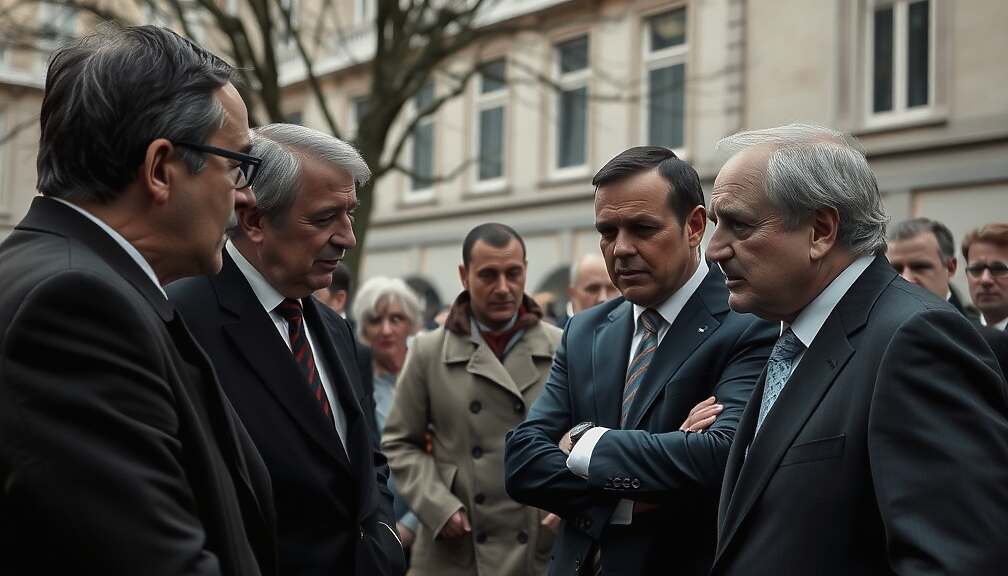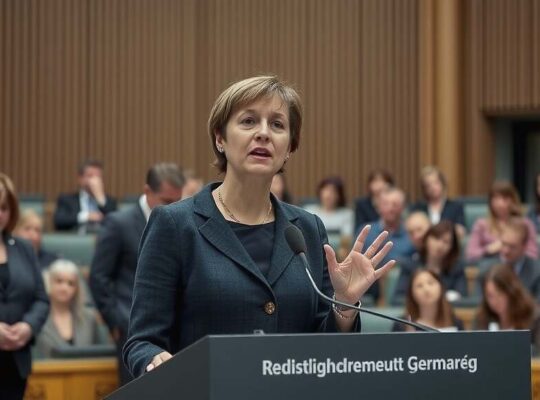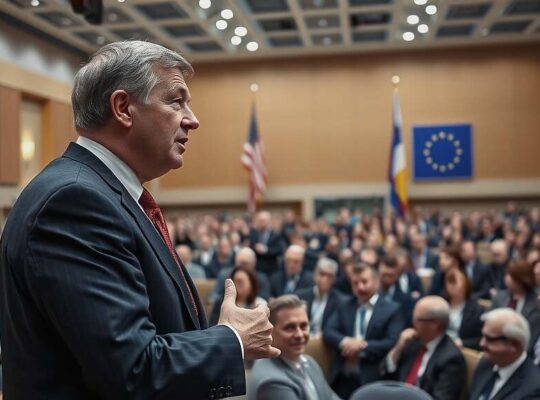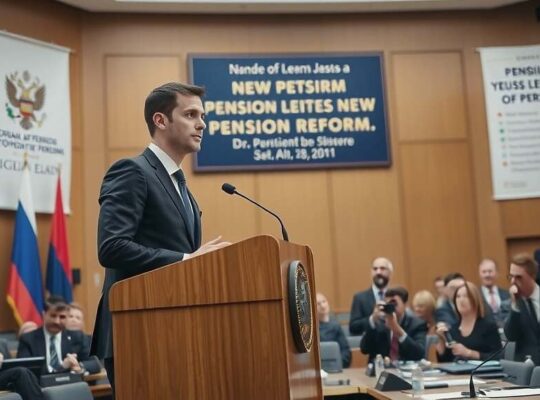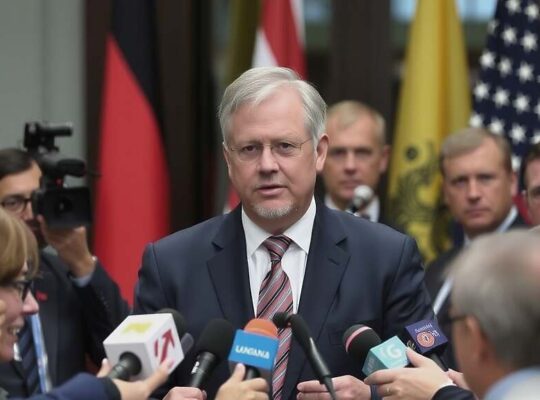Saxony’s Minister-President Michael Kretschmer, a prominent figure within the Christian Democratic Union (CDU), has ignited a fierce debate within Germany and across Europe with his vocal call for a future return to Russian energy imports. In remarks published by the Funke-Mediengruppe, Kretschmer argued that sanctions against Russia must be strategically evaluated in light of Germany’s own economic interests, suggesting a phased resumption of energy supplies should follow a ceasefire.
Kretschmer’s assertion that “economic relations also increase our security” represents a significant departure from the prevailing political consensus condemning Russia’s actions and prioritizing energy independence. He explicitly rejected the slogan “Never Again Russia” dismissing it as a misguided oversimplification. The Minister-President stressed the importance of establishing trade relations with Russia once again, albeit with safeguards to prevent a repeat of the vulnerabilities exposed by previous dependence.
Beyond the immediate energy question, Kretschmer’s comments reflect a deeper critique of Europe’s current geopolitical position. He lamented what he described as Europe’s diminished agency, stating that the continent is supplying weapons to Ukraine and preparing for reconstruction efforts while lacking a meaningful ability to influence the conflict’s trajectory. He pointed to the loss of Europe’s competitive advantage, previously underpinned by access to affordable Russian energy, as a significant blow.
While acknowledging the necessity of robust defense capabilities – responding to Putin’s actions through military preparedness – Kretschmer insists that economic strength remains paramount. This stance has drawn criticism from opposition parties, who accuse him of appeasement and undermining the principles of transatlantic solidarity. Critics argue that re-engaging with Russia without fundamental changes in its behavior would reward aggression and compromise European values. The debate is now expected to escalate within the ruling coalition and across the German political landscape, challenging the long-held assumptions surrounding Germany’s relationship with Moscow and its role within a rapidly shifting global order. The prospect of renewed reliance on Russian energy, even with assurances of altered circumstances, remains deeply divisive and politically sensitive.


